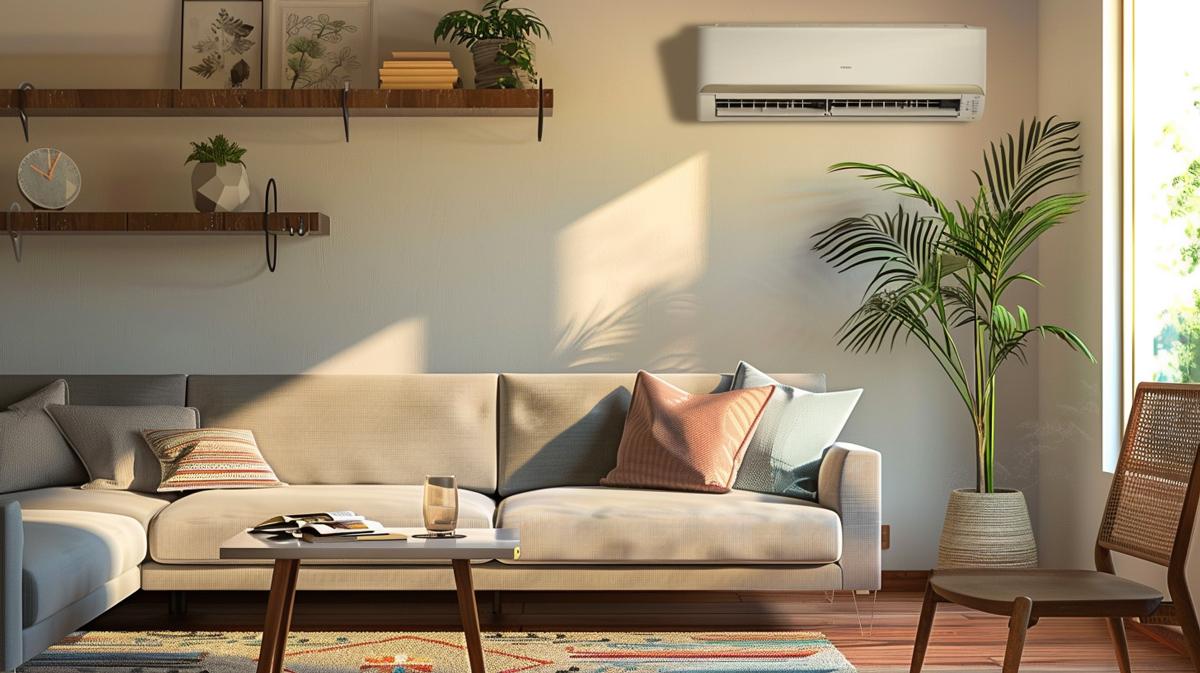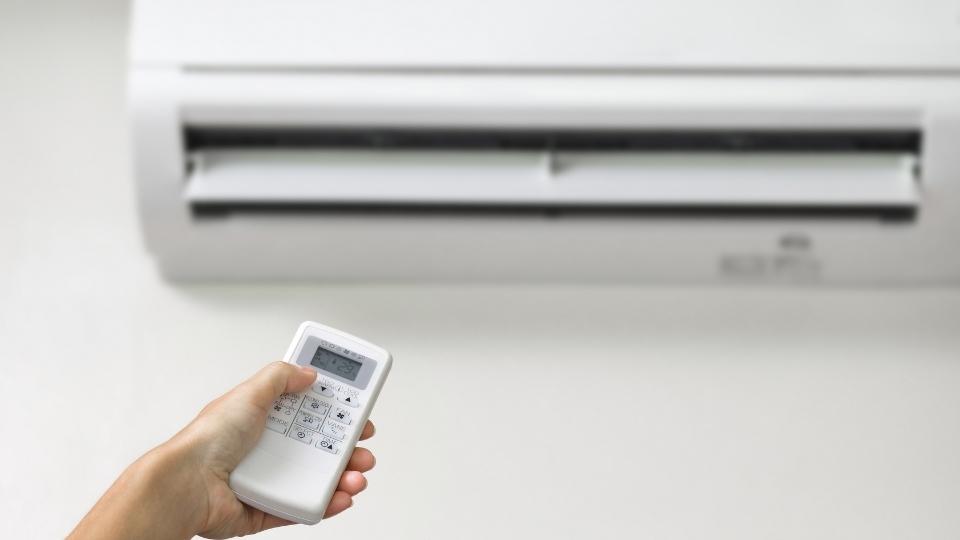


Last updated on August 28, 2023
Air conditioner installation can go horribly wrong if planned incorrectly. In this article, we’ll take you through the five most important things to consider when installing a new air conditioner.
There are a few factors to consider when selecting the size of your air conditioner. The first is the square footage of your home. This will help determine how much cooling capacity you need. The second factor is the climate. If you live in a hot and humid climate, you’ll need a larger unit to keep your home comfortable. The third factor is the number of people in your household. A larger family will need a bigger unit to cool their home adequately.
Now that you know the three main factors to consider when choosing an AC unit, let’s take a look at how to select the right size unit for your home.
Finally, take into account the number of people in your household when choosing an AC unit. A larger family will need a bigger AC unit to cool their home adequately.
Now that you know how to select the right AC size for your home, let’s take a look at some of the most popular AC units on the market.
There are a few different ways to calculate the appropriate AC unit size for your home. One method is to use an online calculator, such as this one from Fujitsu.
Once you have determined the appropriate AC unit size for your home, you can begin shopping for units. Be sure to compare features and prices before making your final decision or an even smarter choice is to connect with our HVAC technicians at Coalfields Climate Control, and we can make recommendations, including installation.
There are a few things to consider when selecting the best location for your air conditioner installation. First, you’ll want to choose a spot that’s close to an outlet and away from any windows or doors. This will help ensure that your unit has accessible power and isn’t constantly competing with hot air from outside.
You’ll also want to make sure that the area around your chosen spot is clear of any obstacles. This includes furniture, plants, animals, or anything else that could potentially get in the way of the installation process.
Next, you’ll need to consider the climate you live in.
Did you know in New South Wales 2330, Australia last year the highest temperature in summer was 35.2°C with an average temperature of 20.2°C. The lowest temperature in winter was -0.7°C with an average temperature of 9.9°C. The average humidity level during summer was 77.0%.
If you live in a hot and humid climate, you’ll need a larger AC unit to keep your home comfortable. To get an idea of what size AC unit you’ll need for your climate, consult with our local HVAC technicians at Coalfields Climate Control.
If you live in an area with high humidity, you’ll want to avoid placing your unit near a water source like a sink or shower. Conversely, if you live in a dry climate, placing your unit near a humidifier can help balance out the air in your home.
Finally, you’ll want to think about how much noise you’re willing to tolerate from your air conditioner. Some units are very quiet, while others can be quite loud. If noise is a concern for you, be sure to ask about it when selecting a location for your installation.
Another important thing to consider when installing an air conditioner is properly insulating your HVAC system or air conditioner. If your system is not properly insulated, it will not be able to maintain proper temperatures and could end up costing you more money in the long run.
There are a few different ways that you can insulate your HVAC system, such as using insulation tape or sheets, or even spray foam. Whichever method you choose, just be sure that you cover all exposed areas and seams in order to prevent any air leaks.
Not only will proper insulation help keep your air conditioner running more efficiently, but it will also help reduce noise levels coming from the unit. This is especially important if you have an outdoor unit, as it can be quite loud without adequate soundproofing.
Selecting the appropriate ductwork and fittings for your air conditioner installation is critical. The first thing you need to consider is the size of the unit. You will need to make sure that the ductwork and fittings you select are able to accommodate the size of the unit.
The type of unit you have matters too. There are different types of air conditioners, and each type will require different types of ductwork and fittings. Make sure you select the appropriate ones for the specific brand you choose, or better yet, leave it to our professional installation team.
When you invest in an air conditioner, you want to be sure to protect your investment with proper maintenance. Yearly air conditioner maintenance is the best way to keep your AC unit running efficiently and effectively for years to come.
What you should do as part of your yearly AC maintenance routine:
1. Clean or replace the air filter. This is one of the most important steps in keeping your AC unit running properly. A clogged air filter can restrict airflow and cause your unit to work harder, leading to higher energy bills and shortened lifespan.
2. Inspect the evaporator coil. The evaporator coil helps remove heat from the air, so it’s important to make sure it’s clean and free of debris.
3. Lubricate all the moving parts. This includes the fan motor, blower motor, and any other moving parts within the AC unit. Lubricating these parts will help them run more smoothly and last longer.
4. Check the refrigerant level. If the refrigerant level is low, it could be a sign of a leak somewhere in the system. This should be fixed by a professional as soon as possible to avoid further damage to your AC unit.
Split-System Central Air Conditioner – these air conditioners can have one or more indoor units, plus an outdoor unit (condenser). They’re connected by a small refrigerant line and conduit. It’s a good, cheap option if you’re looking for zone control in your home. Split-systems use less energy than traditional ducted air conditioning systems and are therefore are more efficient and cost effective. This option is also much quieter.
Ducted Air conditioners
Ducted aircon systems deliver conditioned air to multiple rooms through a series of ducts. The outdoor unit is usually located on the ground outside the house, but can be installed on the roof or in the garage. A central ducted air conditioning system is often used in conjunction with an existing forced-air heating system. It’s more expensive, but is more aesthetically pleaseing and heat and cools your entire home, rather than just room by room.
We hope you’ve enjoyed this article and found it helpful. If you’d like any further information, please connect with us for a complimentary consultation and site inspection within the Hunter Valley.

